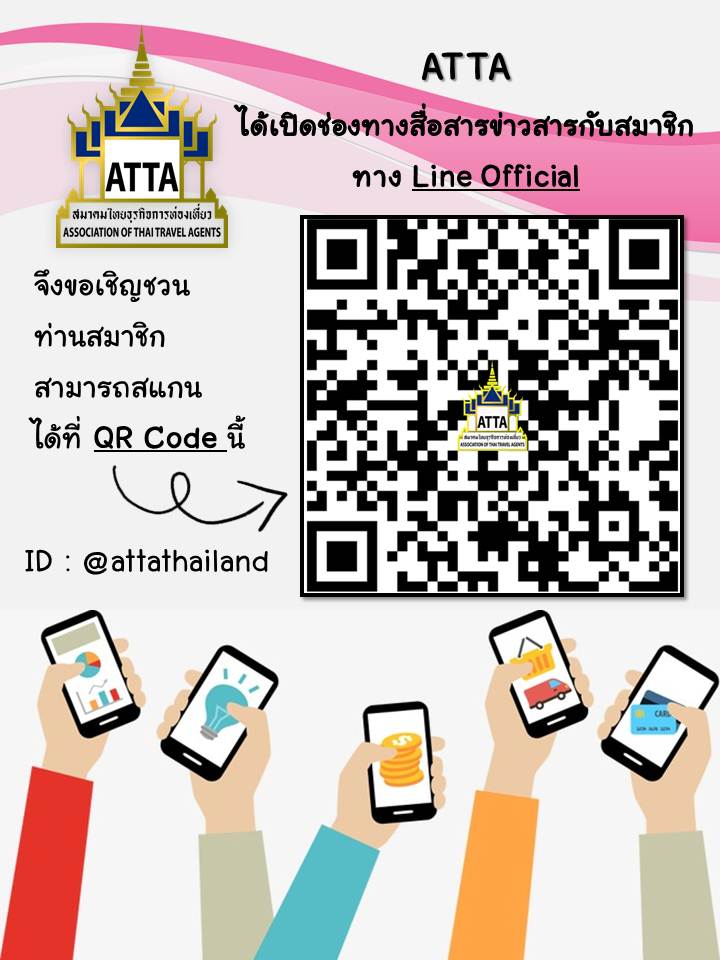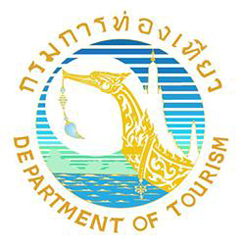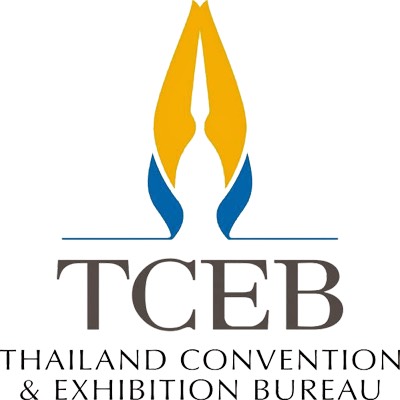Culture Tours Ecotourism Holidays
Evidence of past cultures is more abundant in Thailand than in any other country in the region. Although, the ancient roots of Thai culture are similar to most countries in South East Asia where there is evidence of a strong Indian influence. This aspect extends from Buddhism and mythology right through to the traditions of the Royal Family, and there are related connections with many Hindu beliefs. Thai culture however, goes far beyond the influence of a single religion and this can be
observed in the history of the people who have lived in the region for somewhere around 30,000 years. In terms of modern findings, a burial rite site was recently exposed which is thought to be at least 12,000 years old.
Artifacts from a Bronze Age civilisation, scientifically proven to be over 5000 years old were excavated by Thai-American archeologist teams in Ban Chiang in the North East Region in 1974, and some of the more important artifacts have recently been on exhibit in the Smithsonian Institute in Washington D.C. Much later, between the 6th and 9th century AD, the Dvaravati civilization flourished in the central and north eastern regions and subsequently was taken over by the ancient Khmer civilization which dominated a large portion of the North and Northeast until forced out by the Thais.
The Thai people got their name from the so-called “Tai” tribe who were to be found around in the upper part of the Indo-china peninsular, scattered about in far flung settlements more than a thousand years ago. As a nation however, the first Thai kingdom was established around 700 years ago when the most powerful of the Thai communities broke the ancient Khmer domination in the region and set up the first Thai capital of Sukhothai in 1257.
Sukhothai which means the “Dawn of Happiness” was located in the present province of the same name approximately 500 km north of present-day Bangkok.
This first capital prospered until the late 14th century when the power changed hands to the rulers of Ayutthaya, which subsequently became the second ancient capital. In 1767, Ayuthaya fell to the invading Burmese and was sacked beyond salvage. It was at this point in time that Bangkok became the new capital city as we know it today.
Bangkok was founded by the first king of the Chakri Dynasty in 1782, and it is remarkable that the same dynasty (line of kings) has continued to the present day.
For those interested in relics of the past, the city of Ayutthaya located 76 km. north of Bangkok is well worth a visit. As mentioned above, this is the ancient city that existed until 1767 at which time the city was virtually destroyed by Burmese invaders. Ruined palaces and temples attest to the City’s former grandeur.







